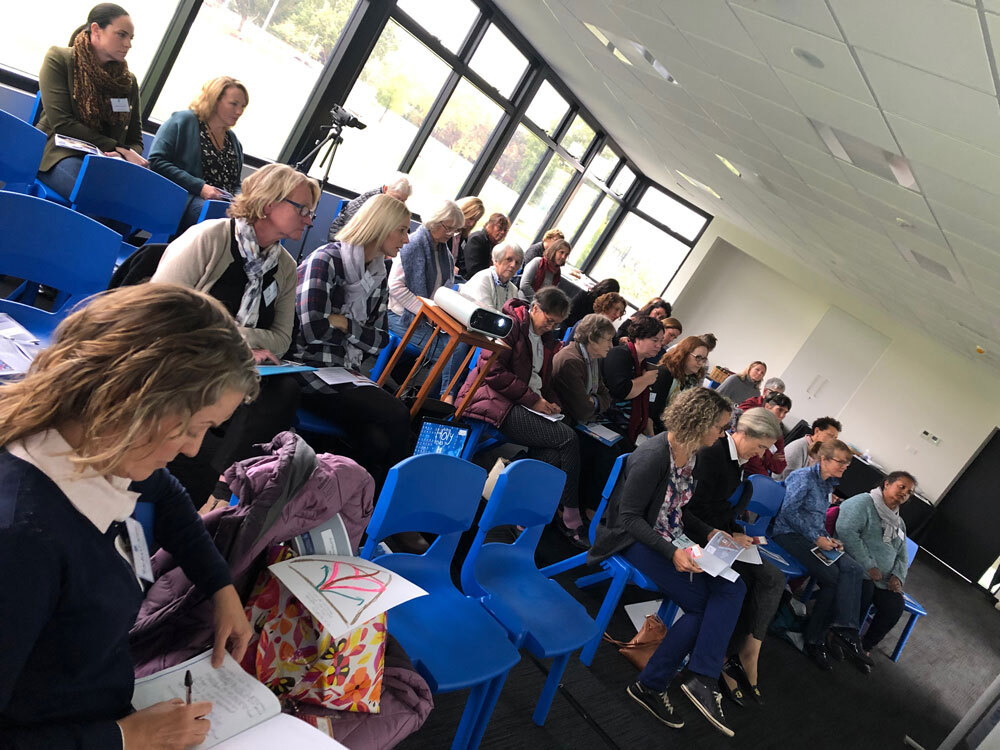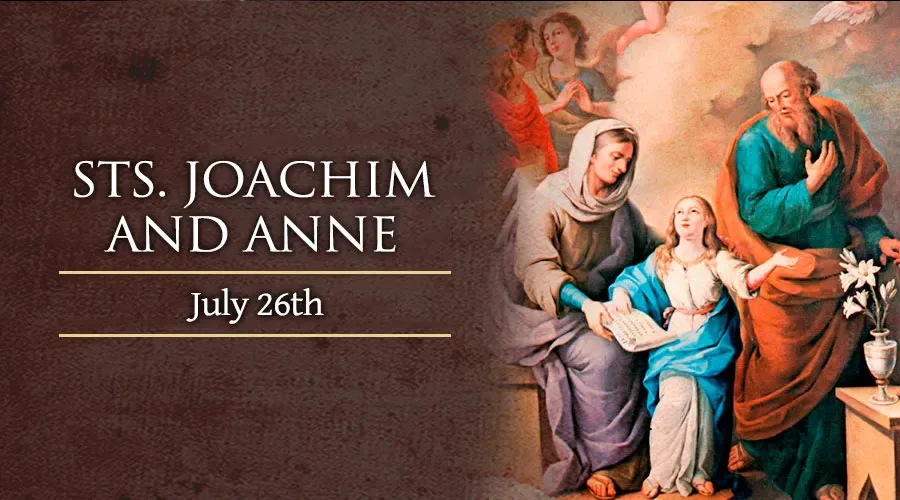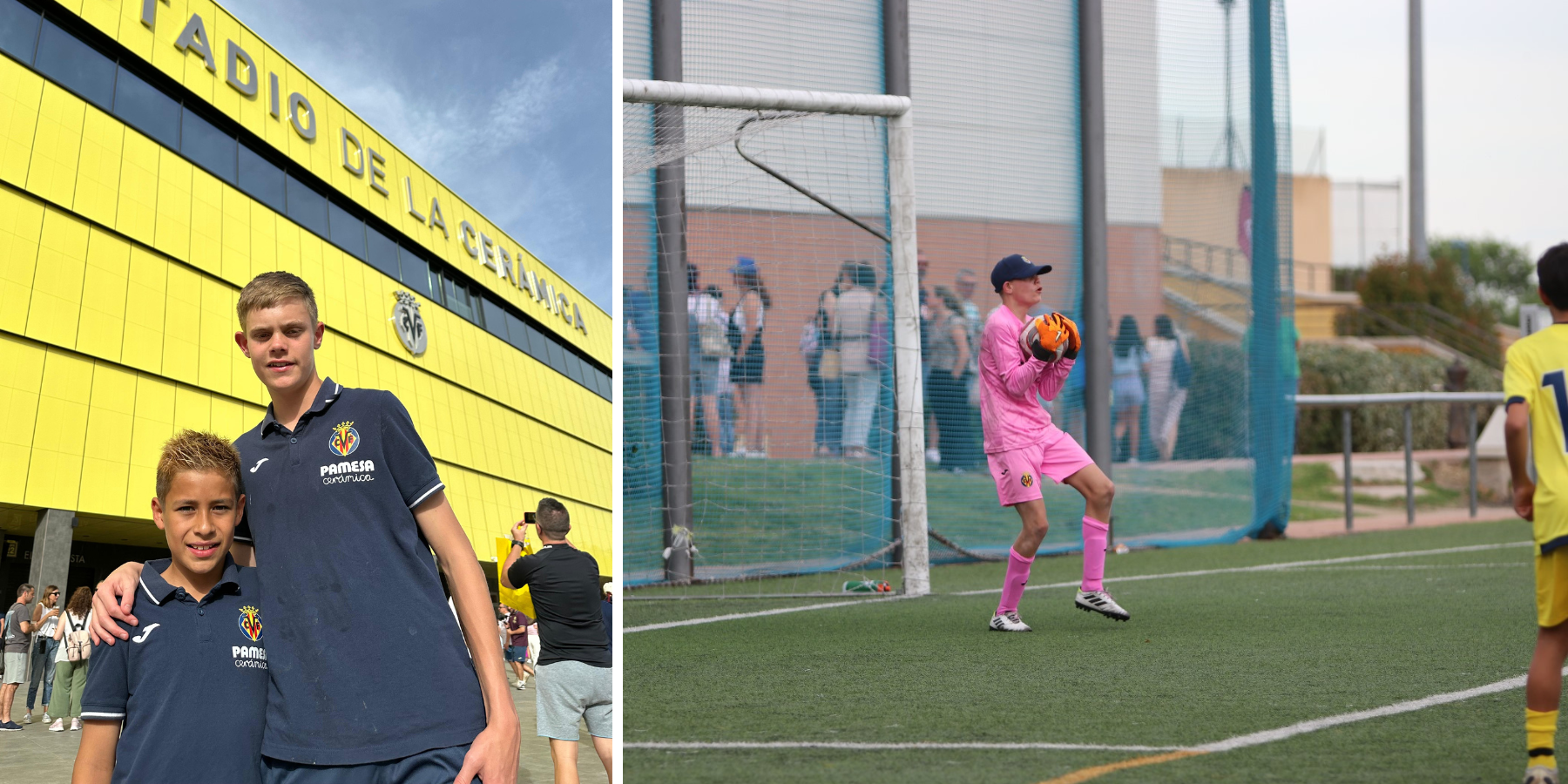The hidden beauty of masculinity
Recently, the College held a disco for its Year 7 and 8 students, with ladies from Girls Grammar and St Clare’s in attendance. Apart from the awkward dance moves, the standard girls on one side and boys on the other for the first 30 minutes, and the overwhelming fragrance of Brut 33 in the air, there was a moment which has caused me to reflect on some of the hidden beauty of our boys.
Our Senior Hall isn’t the most secure of spaces and at one point, I saw one of our students sneakily smuggle another one of our students in. I chose my moment carefully and wandered over to the two students, to politely let them know what I just saw. The boys were sheepish, not just because they had obviously been caught out in a clumsy break and enter scheme, but there was something more. Their eyes were darting back and forth, with the young boy who opened the door doing most of the explaining. In the end, I sensed something was not right with their story of lost tickets and “just going to get something from lockers” but I let them be. A few days later, I saw the boy who opened the door. Without the pressures of being in trouble, I managed to have a long genuine conversation with him and it showed me something about the value set of our young men. Whilst I don’t condone him sneaking a student into the disco, it was the reason he did it that left me very proud of the boy. After a bit of digging, it turns out that the boy who didn’t have a ticket couldn’t afford the price and that the other student felt so bad for him, that he willingly risked getting in trouble by hatching the plan to sneak his friend under the cover of darkness so that his friend could enjoy the very same experience that he could.
It shows one of the often-hidden aspects of how young men behave- they have a deep sense of justice and solidarity, and often will hide genuine acts of kindness and compassion. His empathy for his mate in this situation meant he was willing to find a way to support him, but also importantly, at a cost to himself. Even when challenged, this man thought to protect the pride of his friend. Young men believe in fairness and supporting their friends and will do anything to avoid shaming a mate. The “kindness” of men is often hidden, and shamed away by a society that is pressuring young men to act “tough” or “strong”. The young man almost felt embarrassed that he was caught in the act of kindness.
“You cannot be what you cannot see”. The shapers of modern-day masculinity have moved beyond the traditional confines of the family unit and the social protections of schools and local community groups. The sharp rise in “influencers” like Andrew Tate, using technology to push seductive and dangerous messages to our young men on what it is to be a man should be of our utmost concern. Humans long to “fit in” and with our boys, this is one of the key factors in determining their behaviour. The Man Box, a study into masculinity of young men completed by the Jesuit Social Services, demonstrated that often men act in ways that they believe their peers will agree with, not because it is a behaviour they agree with themselves. This demonstrates the crucial nature of shaping the peer influence on society (NB- The College will be working with the Man Box- Jesuit Social Services in the near future after an earlier engagement and parent session was postponed).
It is all of our responsibility to fill this space with as many positive messages about masculinity as possible.
It takes great confidence for men to show a tender side. It shows an ability to be vulnerable and think of others, a choice to be gentle rather than be aggressive. This is even more difficult for young men who are in the midst of adolescence, where all experience a swarm of feelings about their own identity and sense of self. We need to constantly reinforce to our young men that it is not a bad thing to acknowledge their emotions, to show care regularly, and to have pride in it rather than hiding it. The pastoral program and frameworks at Marist exist to help our young men develop these skills and understanding. Through mentoring, formal experiences like retreats and camps, and explicit pastoral sessions, we hope to outline the variety of ideal characteristics of masculinity, and more importantly humanity.
Our young men are in a period of rapid change, with swirling ideas around what it is to be a man, and we need to take every opportunity to encourage them to embrace the hidden beauty of masculinity. It is absolutely ok to be strong and resilient, stoic and powerful, but these are attributes that are constantly reinforced. When you see your son showing kindness or compassion, tenderness or care, praise him loudly and celebrate it. They will shy away from the praise of course, but inside, it is sending them a message that those behaviours are ok. It is time to ensure that our boys, particularly in the crucial identity building phase of adolescence, are surrounded by messages that kindness and tenderness, empathy and solidarity are desirable attributes for men.
I didn’t see the young men at the disco for the rest of the night. They got swept away like most in the excitement of the prospect of new relationships and awkward conversations. Incidentally, I have worked at many co-educational schools, and I can honestly attest that the awkward behaviour towards females is not a symptom of a single-sex boys’ education!
Liam Stakelum
Acting Headmaster























